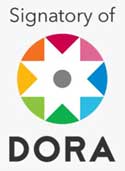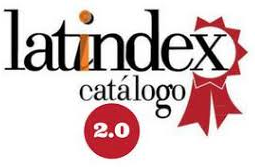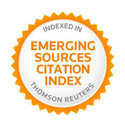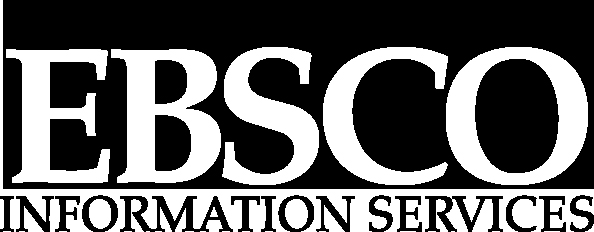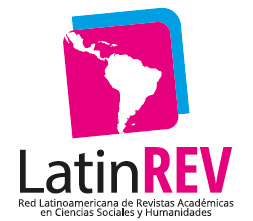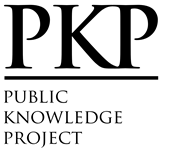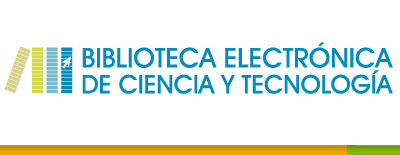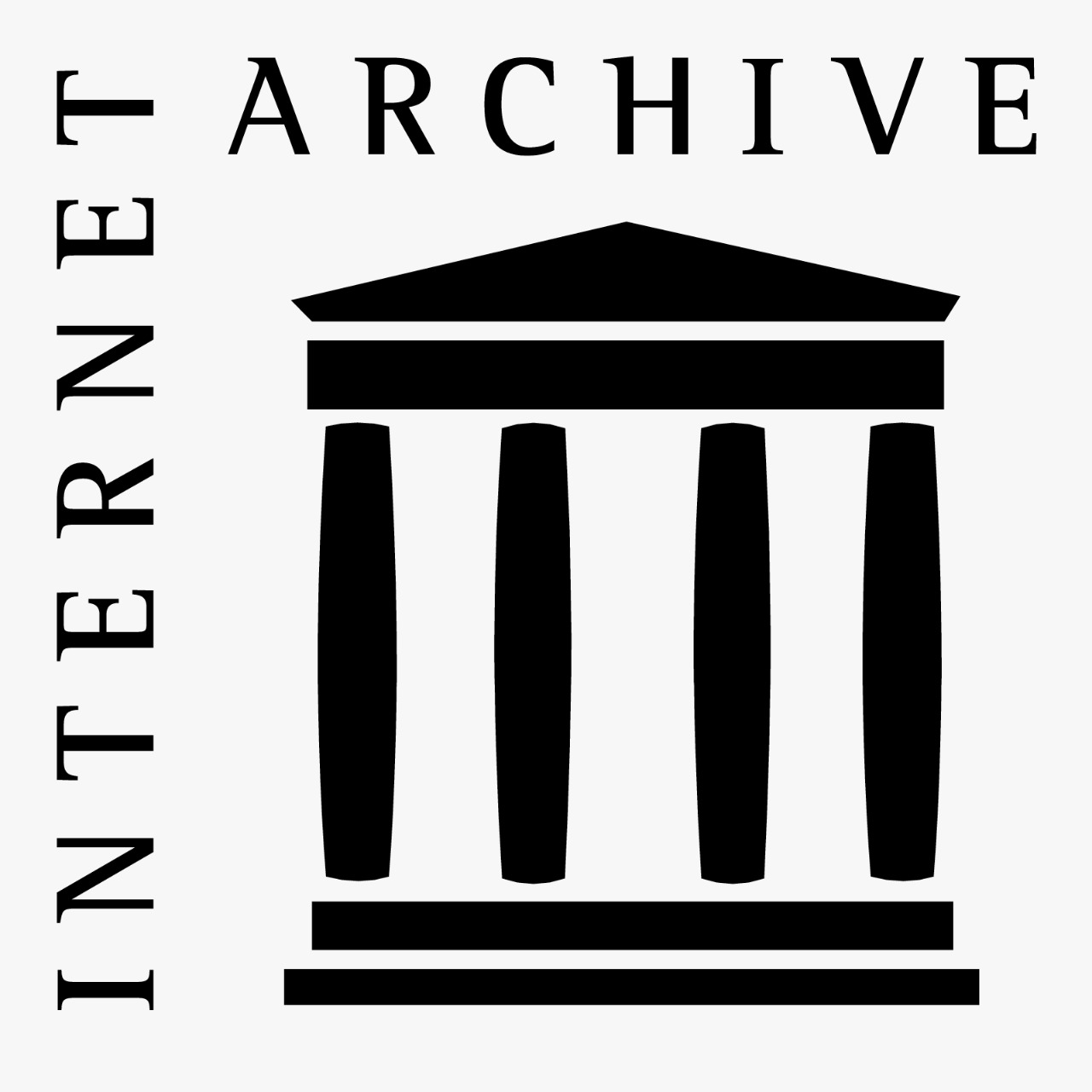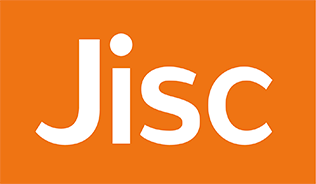The ethics gap
Why Germans have little esteem and no trust in journalists
Abstract
In most democracies, the public reputation of journalists is on the decline. However, other than with attitudes towards parties and politicians, the concrete cognitive map that people have of journalists has received rather little attention. This paper describes the results of a representative telephone survey of the German population (N=1,054) that was designed to explore the public’s perception of journalism. The paper contains a first analysis of these data. Our results confirm a rather negative public reputation of journalists, particularly concerning the profession’s trustworthiness and here especially among the younger population. While two thirds of respondents have esteem for journalists, only a third trust journalists. We further found large gaps between the public’s expectations and the public’s perceptions of journalistic goals and values, characteristics of news content, as well as journalists’ behavior in ethical dilemmas. In the final part of the paper we test the effects of some of these variables on trust and esteem. Our work is based on the assumption that the relationship between the people and the press deserves more research because a functioning relationship between both actors is the basis for a functioning democracy.
Downloads
References
Allensbach (2005). Allensbacher Berichte.Allensbach.
Bernt, J. P., Fee, F. E., Gifford, J. & Stempel, G. H. (2000). How well can editors predict the reader interest in news. Newspaper Research Journal 21, 2, 2-10.
Cronke, P. & Cook, T. E. (2007). Disdaining the media: the American public’s changing attitudes toward the news. Political Communication, 24, 259-281.
Curtin, R., Presser, S. & Singer, E. (2005). Changes in telephone survey nonresponse over the past quarter century. Public Opinion Quarterly, 69, 87-98.
D’Alessio, D. & Allen, M. (2000). Media bias in presidential elections: a meta-analysis. Journal of Communication, 50, 4, 133-156.
Dautrich, K. & Necci Dineen, J. (1996). Media bias: what journalists and the public say about it. The Public Perspective, Oct./Nov., 7-14.
Donsbach, W. (1982). Legitimationsprobleme des Journalismus. Freiburg und München: Alber.
Donsbach, W. (2008). Journalists’ role perceptions (v. 6, 2605-10). En su: Donsbach, W. (ed.). The international encyclopedia of communication. Malden: Wiley-Blackwell.
Donsbach, W., Rentsch, M., Schielicke, A.-M. & Degen, S. (2009). Entzauberung eines Berufs: was die Deutschen vom Journalismus erwarten und wie sie enttäuscht werden.Konstanz: UVK.
Edelmann Trust Barometer (2008). Consultado en 2008 [y revisado en noviembre de 2012] en: http://www.slideshare.net/davefleet/edelman-trust-barometer-2008.
Ehmig, S. (2000). Generationswechsel im deutschen Journalismus: zum Einfluss historischer Ereignisse auf das journalistische Selbstverständnis.Freiburg, München: Alber.
Engesser, E. (2003). Journalismus in Fiktion und Wirklichkeit: ein Vergleich des Journalistenbildes in literarischen Bestsellern mit Befunden der empirischen Kommunikationsforschung. Tesis doctoral. Mainz Universität.
GfK Custom Research (2007). Pressemitteilung. Consultado el 26 de octubre de 2008 [rev. en nov. 2012] en: http://www.gfk.com/imperia/md/content/presse/pd_trust_index_2007_dfin.pdf
Glotz, P. & Langenbucher, W. R. (1969).
Der mißachtete Leser: zur Kritik der deutschen Presse. Köln: Kiepenheuer & Witsch.
Hagen, L. M. (1992). Die opportunen Zeugen: Konstruktionsmechanismen von Bias in der Zeitungsberichterstattung über die Volkszählungsdiskussion. Publizistik, 37, 1, 444-460.
Haskins, J. B. & Miller, M. M. (1984). The effects of bad news and good news on a newspaper’s image. Journalism Quarterly, 61, 3-13.
Hohlfeld, R. (2005). “Der missachtete Leser revisited”: zum Wandel von Publikumsbild und Publikumsorientierung im Journalismus (p. 195-224). En: Behmer, M., Blöhbaum, B. & Scholl, A. (ed.). Journalismus im Wandel: Analysedimensionen, Konzepte, Fallstudien. Wiesbaden: VS.
Karmasin, M. (1996). Journalismus: Beruf ohne Moral? Wien: Linde.
Kepplinger, H. M. (1979). Angepaßte Außenseiter: was Journalisten denken und wie sie arbeiten.Freiburg: Alber.
Kepplinger, H. M. (1989). Instrumentelle Aktualisierung: Grundlagen einer Theorie publizistischer Konflikte (p. 199-220). En: Kaase, M. & Schulz, W. (ed.). Massenkommunikation: Theorien, Methoden, Befunde. Opladen: Westdeutscher Verlag.
Köcher, R. (1985). Spürhund und Missionar: eine vergleichende Untersuchung über Berufsethik und Aufgabenverständnis britischer und deutscher Journalisten[discurso]. Munich.
Köcher, R. (1986). Bloodhounds or missionaries: role definitions of German and British journalists. European Journal of Communication,1, 43-64.
Lang, K., Lang, G. E., Kepplinger, H. M. & Ehmig, S. (1993). Collective memory and political
generations: a survey of German journalists Political Communication, 10, 211-229.
McLeod, S. H. & Chaffee, S. H. (1972). The construction of social reality (p. 50-99). En: Tedeschi, I. T. (ed.). The social influence processes. Chicago: Aldine Atherton.
Martin, R. K., O’Keefe, G. J. & Nayman, O. B. (1972). Opinion agreement and accuracy between editors and their readers. Journalism Quarterly, 49, 460-468.
Noelle-Neumann, E. & Kepplinger, H. M. (1978). Journalistenmeinungen, Medieninhalte und Medienwirkungen (p. 41-67). En: Steindl, G. (ed.). Publizistik aus Profession: Festschrift für Johannes Binkowski. Düsseldorf: Droste.
Noelle-Neumann, E. & Köcher, R. (2002). Allensbacher Jahrbuch der Demoskopie 1998-2002. München: Saur.
Patterson, T. E. & Donsbach, W. (1996). News decisions: journalists as partisan actors. Political Communication,13, 4, 455-468.
Patterson, T. E. (2000). Doing well and doing good: how soft news and critical journalism are shrinking the news audience and weakening democracy: and what news outlets can do about it. En: Report of the Shorenstein Center for the Press, Politics, and Public Policy. Harvard University.
Pratto, F. & John, O. P. (1991). Automatic vigilance: the attention-grabbing power of negative social information. Journal of Personality and Social Psychology 61, 380-391.
Pew Research Center for The People & The Press (2002). News media’s improved image proves short-lived. Consultado el 26 de octubre de 2008 [y revisado en noviembre de 2012] en: http://people-press.org/report/159/news-medias-improved-image-proves-short-lived.
Ridder, Ch.-M. & Engel, B. (2005). Massenkommunikation 2005: Images und Funktionen der Massenmedien im Vergleich. Media Perspektiven, 9, 422-449.
Schriefers, A. (1992). Ansichten der Bevölkerung zur Rolle und zur Arbeitsweise von Journalisten[tesis]. Mainz.
Schönbach, K. (1977). Trennung von Nachricht und Meinung: Empirische Untersuchung eines
publizistischen Qualitätskriteriums. Freiburg, München: Alber.
Tsfati, Y. & Cappella, J. N. (2003). Do people watch what they do not trust? Exploring the association between news media skepticism and exposure. Communication Research 30, 5, 504-529.
Tsfati, Y. & Cappella, J. N. (2005). Why do people watch news they do not trust: need for cognition as a moderator in the association between news media skepticism and exposure. Media Psychology 7, 3, 251-272.
Weaver, D. H., Beam, R. A. & Brownlee, B. J. (2008). The American journalist in the 21st century: news people at the dawn of a new milennium. Mahwah: Erlbaum.
Weaver, D. H. (ed.) (1998). The global journalist: news people around the world. New Jersey: Hampton Press.
Weaver, D. & Daniels, L. (1992). Public opinion on investigative reporting in the 1980s. Journalism Quarterly, 69, 146-155.
Weischenberg, S., Malik, M. & Scholl, A. (2006). Die Souffleure der Mediengesellschaft: Report über die Journalisten in Deutschland. Berlin: VS.
Wiegerling, K. (1998). Medienethik. Stuttgart: Metzler.
Willnat, L. & Weaver, D. H. (1998). Public opinion on investigative reporting in the 1990s: has
anything change since the 1980s? Journalism and Mass Communication Quarterly, 75, 449-463.
Copyright (c) 2012 Wolfgang Donsbach, Mathias Rentsch, Anna-Maria Mende

This work is licensed under a Creative Commons Attribution-NonCommercial 4.0 International License.
The authors retain the copyright and guarantee the journal the right to be the first publication of the work. In case that a translation of the article already published in Austral Comunicación can be published in another journal, it is requested to record the original publication in the translated version.
The license used is CC BY-NC-SA, which allows sharing (copying and redistributing the material in any medium and format) and adapting (remixing, transforming and building on the material) under the following terms: attribution (acknowledge authorship) and non-commercial (the material cannot be used for commercial purposes). Update: February 1, 2022.
Austral Comunicación allows the author (s) to retain the publication rights without restrictions.



